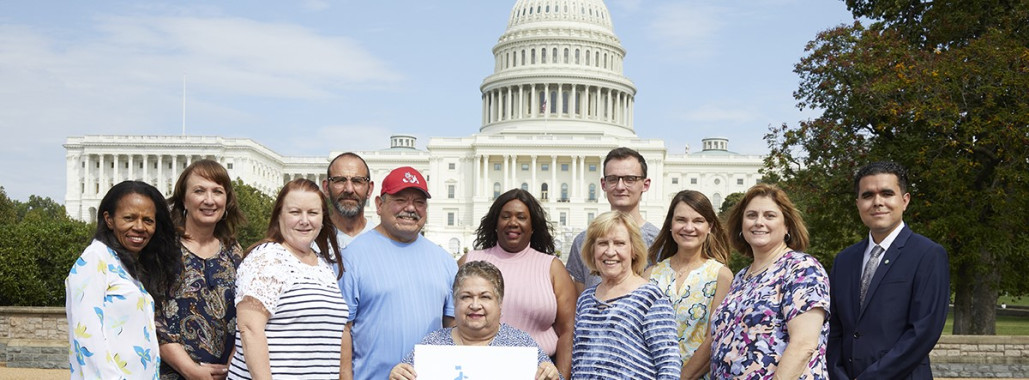Cancer impacts everyone, but it doesn’t impact everyone equally. We are working to ensure everyone has a fair and just opportunity to prevent, find, treat, and survive cancer. No one should be disadvantaged in their fight against cancer because of how much money they make, the color of their skin, their sexual orientation, their gender identity, their disability status, or where they live.
From ensuring greater diversity among clinical trial participants to improving access to quality, affordable health care, we are asking lawmakers to reduce disparities in cancer care by advancing policies that break down existing barriers.
